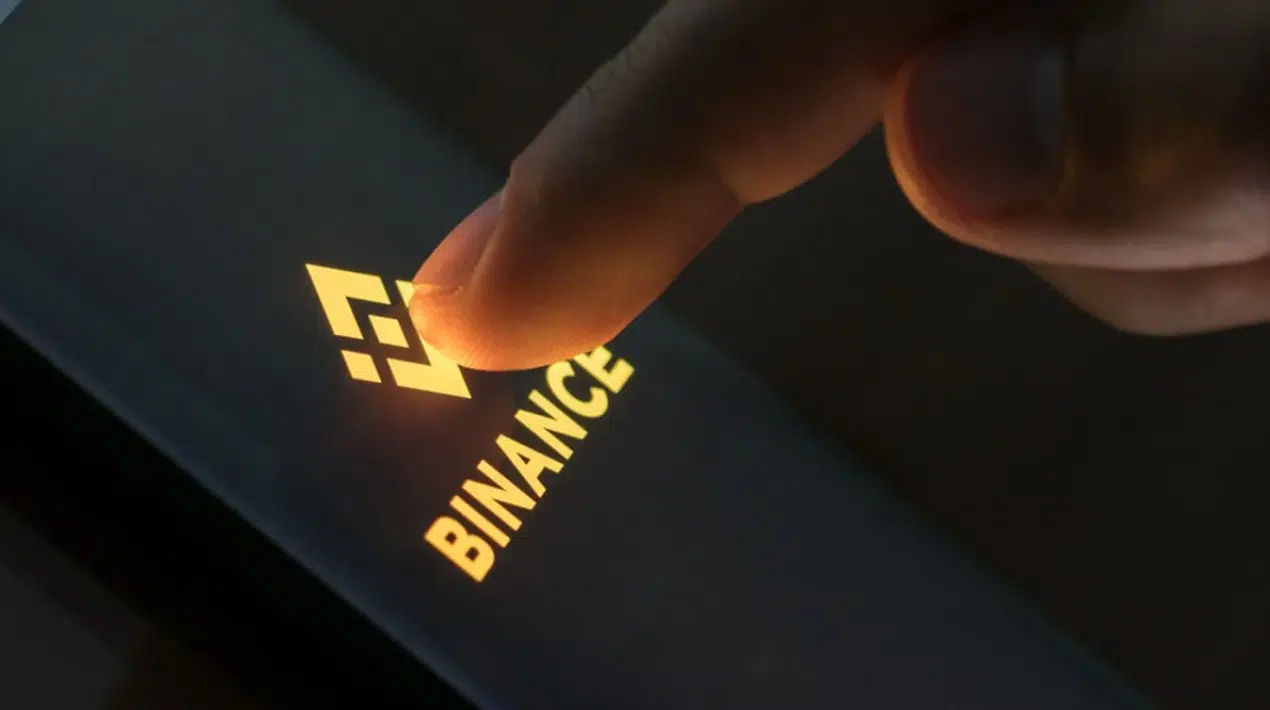
The International Monetary Fund (IMF) has confirmed a loan of $1.4 billion to support the reform initiatives of the El Salvador government. This financial assistance is contingent on the final approval from the IMF Board of Directors.
How Will the Loan Impact El Salvador’s Economy?
This financial injection is intended to bolster El Salvador’s reform strategy. Additionally, it aims to enable the country to access a total of $3.5 billion in funds from the World Bank and other global financial institutions.
What Changes Will Be Implemented in Cryptocurrency Policies?
In a statement from the UN’s financial body, it was revealed that El Salvador has agreed to scale back its cryptocurrency initiatives as part of the loan conditions. This includes making Bitcoin acceptance optional in the private sector, while limiting public sector engagement with Bitcoin. Taxes will be mandated to be paid in US dollars, and the use of the Chivo crypto wallet by the government will be gradually diminished.
The loan is expected to enhance economic reforms in El Salvador and strengthen its financial landscape. Final approval will depend on the IMF Board’s decision.
The agreement highlights significant restrictions on cryptocurrency use, juxtaposed with El Salvador’s ongoing Bitcoin purchases. This balancing act illustrates the nation’s approach to crafting its economic policies while adhering to international expectations.
- IMF’s loan is aimed at supporting El Salvador’s reform agenda.
- El Salvador will limit cryptocurrency efforts to mitigate risks.
- Tax payments will exclusively be in US dollars.
- Transparency and oversight of digital assets are prioritized.
This development lays a framework for El Salvador to redefine its economic strategies while navigating the complex landscape of digital assets.
Disclaimer: The information contained in this article does not constitute investment advice. Investors should be aware that cryptocurrencies carry high volatility and therefore risk, and should conduct their own research.










